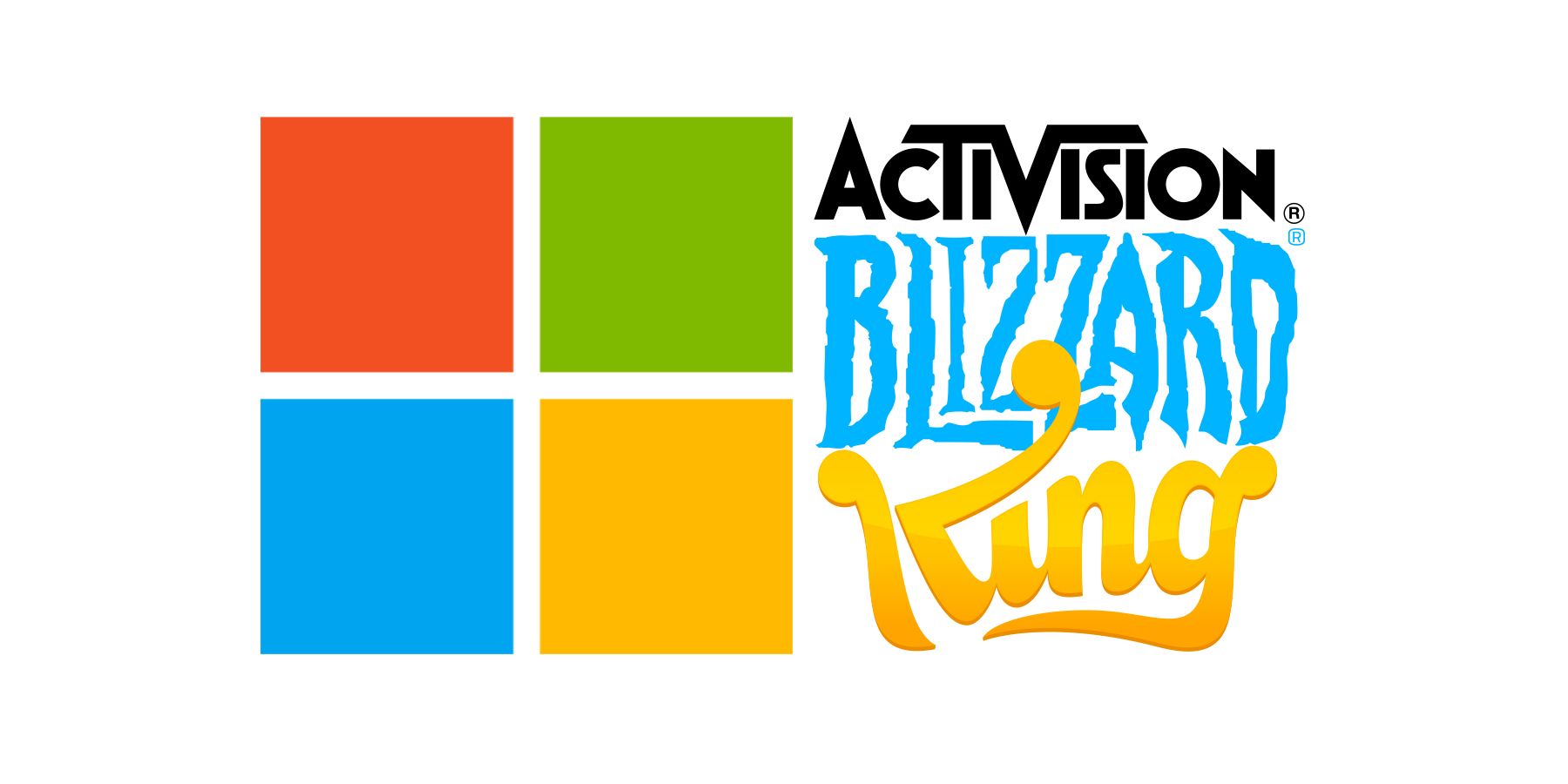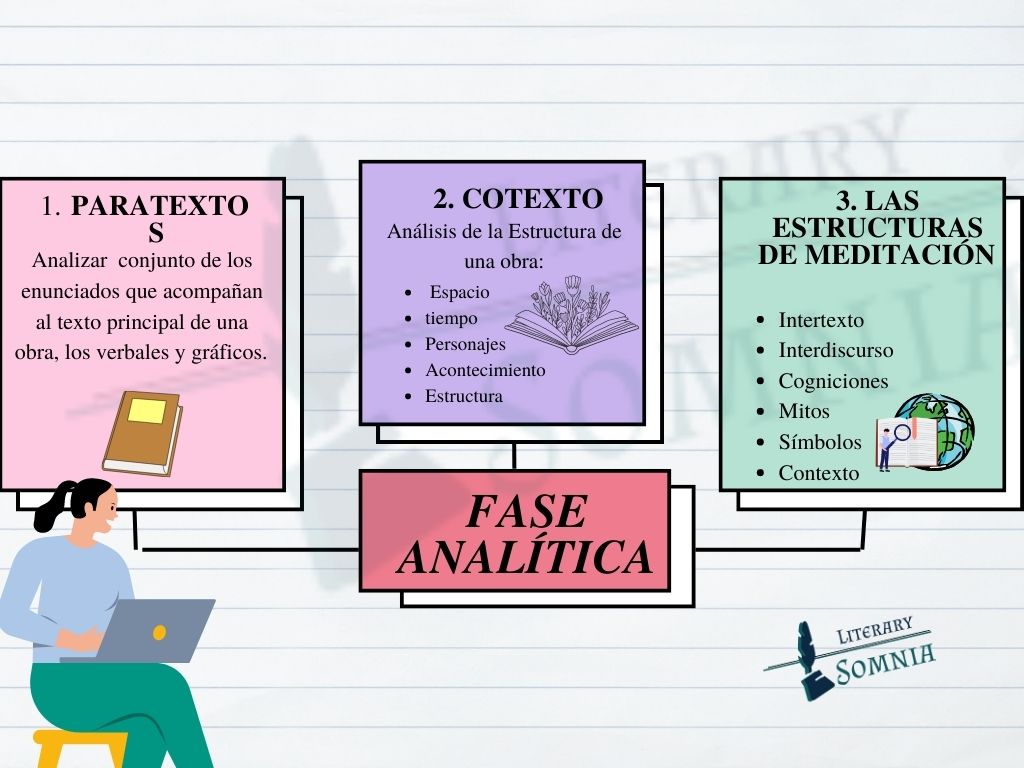Activision Blizzard Acquisition: FTC Launches Appeal

Table of Contents
The Initial FTC Lawsuit Against the Activision Blizzard Acquisition
The FTC's initial lawsuit against the Activision Blizzard acquisition stemmed from concerns that the merger would stifle competition within the video game market, ultimately harming consumers. The commission argued that the acquisition would give Microsoft an unfair advantage, particularly considering Activision Blizzard's ownership of immensely popular franchises like Call of Duty, Warcraft, and Candy Crush. The FTC’s antitrust arguments centered on the potential for:
- Reduced Competition: Microsoft's control over key titles could lessen competition and innovation.
- Higher Prices for Gamers: Less competition could lead to increased prices for games and potentially subscription services.
- Limited Choices: Consumers might have fewer choices in gaming platforms and titles.
Microsoft, in its defense, argued that the acquisition would benefit gamers by expanding access to games through Game Pass and that the FTC's concerns were unfounded. They presented evidence to support their claim that the deal would foster competition rather than diminish it.
- Key concerns raised by the FTC: Reduced competition, higher prices, and less choice for consumers.
- Microsoft's counter-arguments: Increased access to games via Game Pass, benefits to developers, and overall growth of the gaming market.
- The initial court decision: The court initially ruled in favor of Microsoft, allowing the acquisition to proceed.
The FTC's Appeal: Reasons and Strategy
Despite the initial court ruling, the FTC decided to appeal, citing several key reasons for its dissatisfaction with the court’s decision. The appeal signals the FTC's determination to prevent what it sees as a potentially anti-competitive merger. The FTC's legal strategy for the appeal likely involves:
- Re-examining the court's interpretation of the evidence: The FTC will likely challenge the court's assessment of the evidence presented during the initial trial.
- Highlighting potential long-term consequences: The FTC may emphasize the potential long-term negative effects of the merger on the gaming industry's competitiveness.
- Focusing on specific titles: The FTC’s argument will likely center on the impact of Microsoft acquiring specific lucrative titles, focusing on their market power.
The appeal’s outcome could significantly impact the gaming industry, setting a precedent for future mergers and acquisitions.
- Specific points of contention in the appeal: The court's interpretation of market dominance, the weight given to Microsoft's pledges regarding Call of Duty, and the overall assessment of competitive harm.
- The legal basis for the appeal: The FTC will likely argue that the court erred in its interpretation of antitrust laws and the evidence presented.
- Possible outcomes of the appeal: The appellate court could uphold the original ruling, reverse it, or remand the case for further proceedings.
Implications for Microsoft and the Gaming Industry
The FTC's appeal carries significant implications for Microsoft's gaming strategy and the broader gaming industry. A successful appeal could force Microsoft to abandon the Activision Blizzard acquisition, potentially impacting:
- Microsoft's market share: Losing the acquisition would significantly impact Microsoft's ambitions to become a major player in the gaming market.
- Effects on game prices and availability: The outcome could influence game prices, availability, and platform exclusivity.
- Implications for future mergers and acquisitions: The appeal sets a precedent for future mergers and acquisitions in the tech industry, particularly within the gaming sector.
The Role of Call of Duty in the Dispute
The Call of Duty franchise plays a pivotal role in the FTC's arguments. Call of Duty's immense popularity and market dominance are central to the FTC's concerns about reduced competition. Microsoft has pledged to maintain Call of Duty's availability across multiple platforms, but the FTC remains unconvinced, arguing that:
- Call of Duty's market dominance: Its popularity gives it significant influence over the gaming market.
- Microsoft's pledges regarding cross-platform availability: The FTC questions the long-term viability and enforceability of these promises.
- The FTC's counterarguments to Microsoft's promises: The FTC argues that even with promises, Microsoft could still leverage Call of Duty to harm competitors.
Conclusion: The Future of the Activision Blizzard Acquisition and Antitrust in Gaming
The FTC's appeal of the Activision Blizzard acquisition is a landmark case with far-reaching implications for antitrust enforcement in the gaming industry. The outcome will significantly influence the future of mergers and acquisitions in the tech sector and how regulators approach market dominance in the gaming world. The arguments presented, revolving around competitive harm, market power, and the potential for increased prices, highlight the complexity of balancing innovation and consumer protection in a rapidly evolving digital landscape. Stay updated on further developments in the Activision Blizzard acquisition and the FTC's appeal by following updates on "Activision Blizzard acquisition updates," "FTC antitrust case," and "Microsoft gaming acquisitions."

Featured Posts
-
 Sutton Hoo Discovery A Sixth Century Vessel And Its Contents
May 26, 2025
Sutton Hoo Discovery A Sixth Century Vessel And Its Contents
May 26, 2025 -
 Pogacars Solo Ride Secures Second Tour Of Flanders Win Defeating Van Der Poel
May 26, 2025
Pogacars Solo Ride Secures Second Tour Of Flanders Win Defeating Van Der Poel
May 26, 2025 -
 Jadwal Tayang Moto Gp Argentina 2025 Di Trans7 Jangan Lewatkan
May 26, 2025
Jadwal Tayang Moto Gp Argentina 2025 Di Trans7 Jangan Lewatkan
May 26, 2025 -
 Paris Roubaix 2024 Van Der Poel Takes Third Pogacar Distant
May 26, 2025
Paris Roubaix 2024 Van Der Poel Takes Third Pogacar Distant
May 26, 2025 -
 Hasil Latihan Bebas 1 Moto Gp Inggris Marquez Unggul Kendala Teknis Mengancam
May 26, 2025
Hasil Latihan Bebas 1 Moto Gp Inggris Marquez Unggul Kendala Teknis Mengancam
May 26, 2025
Latest Posts
-
 Victor Fernandez Un Analisis De Su Presencia
May 29, 2025
Victor Fernandez Un Analisis De Su Presencia
May 29, 2025 -
 Update Joshlin Smiths Sentencing In Major Human Trafficking Case
May 29, 2025
Update Joshlin Smiths Sentencing In Major Human Trafficking Case
May 29, 2025 -
 Trial Concludes Mother Found Guilty In Horrific Black Girl Body Parts Case
May 29, 2025
Trial Concludes Mother Found Guilty In Horrific Black Girl Body Parts Case
May 29, 2025 -
 South African Woman Jailed For Selling Her Six Year Old Child
May 29, 2025
South African Woman Jailed For Selling Her Six Year Old Child
May 29, 2025 -
 Human Trafficking Case Joshlin Smiths Impending Sentencing
May 29, 2025
Human Trafficking Case Joshlin Smiths Impending Sentencing
May 29, 2025
